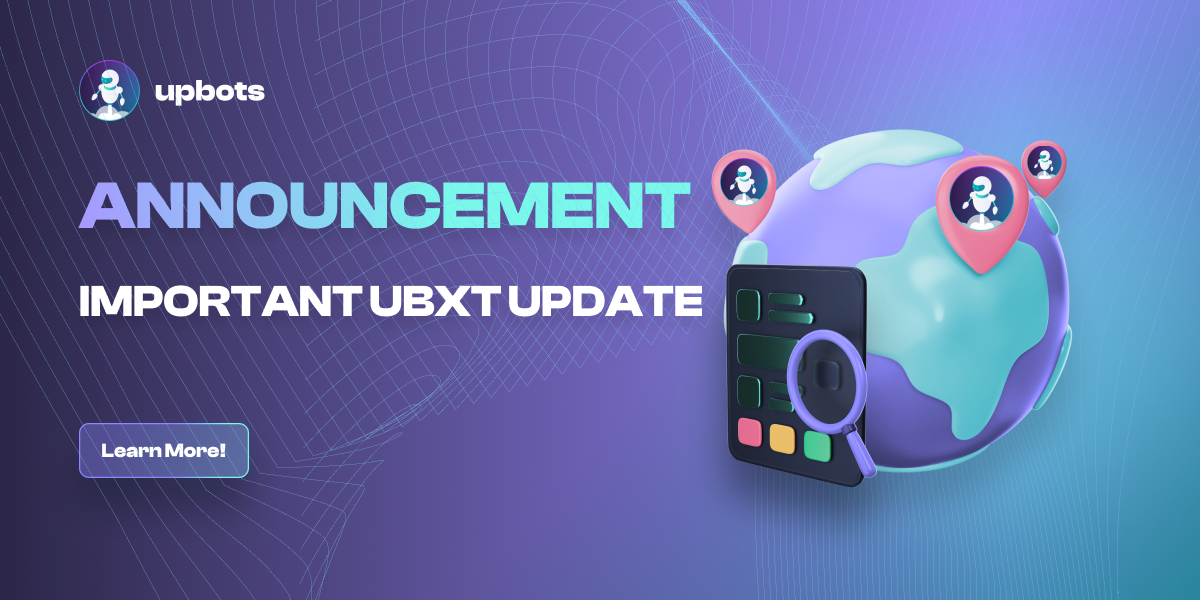
Last week we discussed backtesting. It is not only about coding your own strategy but also about testing it efficiently before implementing it in real conditions.
Today, we will go back to the theory and more specifically to the different financial products. This time we will focus on options. Are you ready for this? Let's get started!
What are options?
A contract known as an option grants its owner the choice (but not the duty) to purchase or dispose of an underlying asset at a fixed price and date.
An option only exists in reference to its underlying asset, unlike a stock or a bond. A financial instrument known as a "derivative" is an option. Stocks, stock indexes, commodities, and crypto currencies are just a few of the many asset classes that can be invested in using options.
It is a contract between two parties, with precise and defined rules, which allows to seize opportunities on the financial markets, whether they are bullish, stable or bearish. They are similar to futures contracts, but unlike those products, options allow you to buy the underlying asset, without obligation. You are not obligated to buy it if it goes against you.
The Different Types of Options
You can choose between a call option and a put option as an options buyer or seller. When you purchase a call option on a cryptocurrency, you have the opportunity to purchase that cryptocurrency up to the expiration date at the strike price.
Until the expiration date, the buyer of a put option is permitted to sell the underlying cryptos at the strike price. The right to buy is granted by the call option, and the right to sell is granted by the put option, to put it briefly.
How do I trade options?
In the market, there must be a seller for each buyer. Investors can sell either a put or a call option. If the call option buyer exercises his right, the call option seller is obligated to sell the cryptos at the strike price. Until the option's expiration date, this obligation is in effect.
For making this commitment, the option writer receives an option premium. In the event that the option buyer exercises his right, the person selling the put option is obligated to purchase cryptocurrency at the strike price. This obligation continues up until the date of expiration. The option premium is the amount paid to the seller.
Conclusion
Options trading is not an option to be put into everyone's hands because it is extremely easy to make mistakes.
Next week, we will discuss something different, grid trading!


